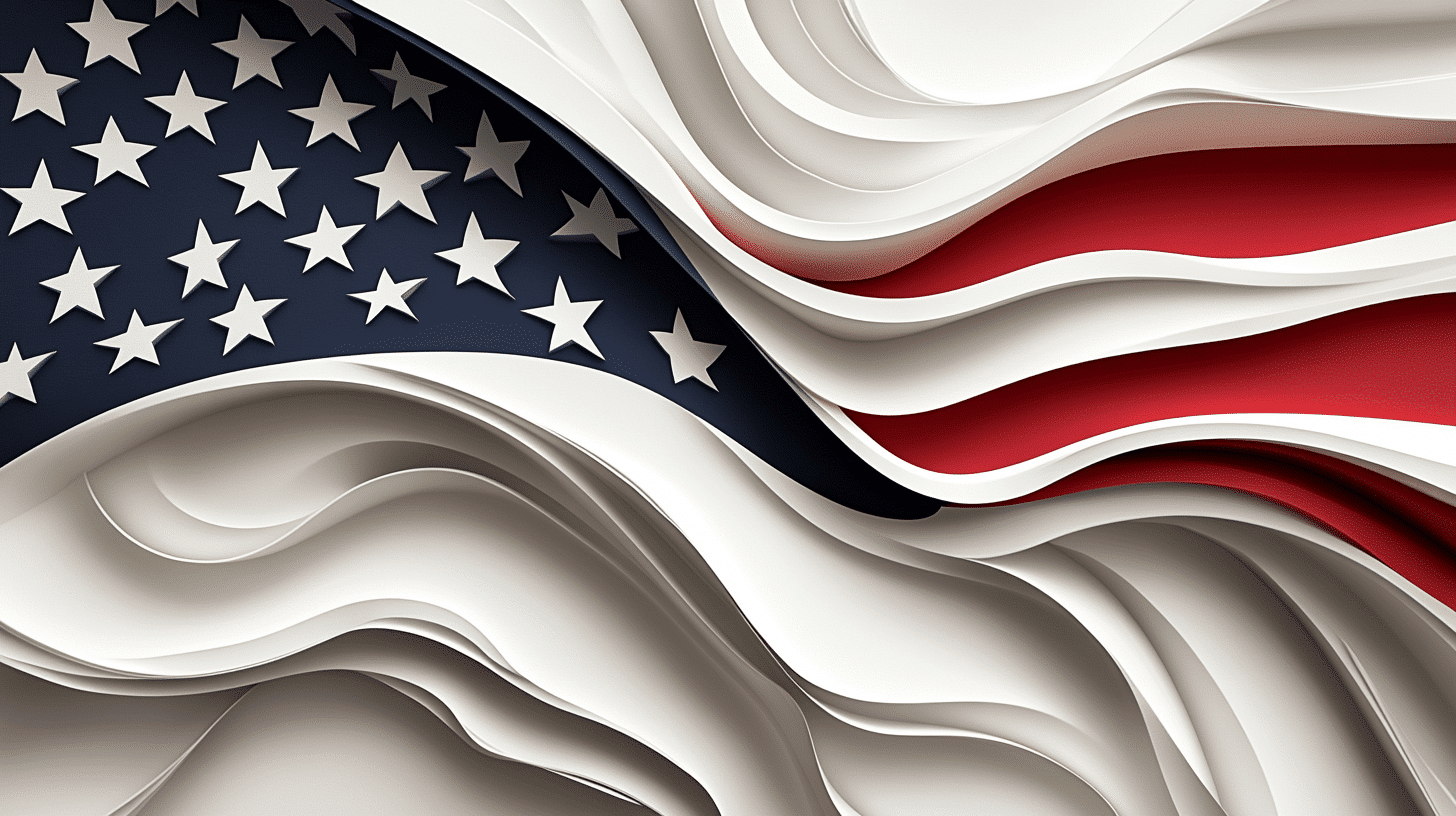What is National Forgiveness & Happiness Day?
National Forgiveness & Happiness Day is celebrated every year on October 7th in the United States. It is a day that focuses on the powerful connection between forgiveness and happiness, encouraging individuals to let go of grudges, heal emotional wounds, and embrace inner peace. Forgiving others and oneself is seen as an essential step toward achieving both emotional and mental well-being. The day also promotes the idea that forgiveness is not a sign of weakness, but rather a path to greater happiness and personal growth.
National Forgiveness & Happiness Day serves as a reminder that holding onto resentment can weigh heavily on one’s mind and heart, while forgiveness allows for the release of negative emotions, leading to a more fulfilling life.
History and Origin
The origins of National Forgiveness & Happiness Day date back to the efforts of Robert Moyers and the Worldwide Forgiveness Alliance, who sought to emphasize the importance of forgiveness in personal and spiritual growth. Initially a religious-based holiday, it has since evolved to reach a broader audience, including those who view forgiveness as a tool for emotional healing and improving relationships.
The day was also inspired by psychological research that highlights the benefits of forgiveness. Researchers have shown that forgiveness reduces stress, enhances mental health, and even improves physical well-being by lowering blood pressure and reducing anxiety. Over time, National Forgiveness & Happiness Day has been recognized as a way to celebrate the emotional release that comes from forgiving others and moving forward in life.
Who Observes National Forgiveness & Happiness Day?
- Individuals Seeking Emotional Healing: People who are holding onto grudges or past hurts observe this day as an opportunity to practice forgiveness, aiming to find inner peace and let go of negative emotions.
- Religious and Spiritual Groups: Many religious communities, where forgiveness is a core principle, participate by organizing events, prayers, and discussions on the importance of forgiveness in healing relationships.
- Mental Health Professionals: Therapists and counselors encourage individuals to explore forgiveness as part of their emotional well-being, often incorporating this practice into therapy sessions during the day.
- Families and Friends: Loved ones use the day to mend broken relationships, reaching out to ask for or offer forgiveness, thereby strengthening bonds and fostering reconciliation.
- Nonprofit Organizations: Groups that focus on mental health, well-being, and personal development take part in raising awareness about the psychological benefits of forgiveness through workshops and campaigns.
Slogans and Themes
The themes of National Forgiveness & Happiness Day focus on healing, releasing negativity, and self-compassion. Common slogans include “Forgive and Live Happily” and “Letting Go for a Better Tomorrow.” The event highlights the emotional freedom that comes with forgiving oneself and others, focusing on the idea that forgiveness leads to peace, inner strength, and happiness.
Colors, Symbols, and Patterns
Colors:
- Blue: Often associated with peace and serenity, blue represents the calming effect that forgiveness can have on a person’s mental state.
- White: Symbolizing purity, white reflects the idea of starting anew, free from the burdens of past wrongs and grievances.
- Green: Representing growth and renewal, green is used to emphasize the personal development that comes with forgiveness.
Symbols:
- Open Hands: Symbolizing the act of letting go, open hands represent the release of anger and hurt through forgiveness.
- Olive Branch: A universal symbol of peace and reconciliation, the olive branch is often used to highlight the significance of making peace through forgiveness.
- Heart: Representing love and compassion, the heart is a reminder that forgiveness comes from a place of understanding and empathy.
Patterns:
- Waves: Used to represent the emotional journey that forgiveness entails, wave patterns symbolize the ebb and flow of feelings and the eventual calm that follows the act of forgiving.
- Broken Chains: Representing freedom, broken chains symbolize the liberation from resentment and the burdens of past conflicts.
- Circular Designs: Circles often represent the cyclical nature of healing, showing that forgiveness leads to renewal and emotional freedom.
Most Used Hashtags
- #ForgivenessDay
- #NationalForgivenessDay
- #ForgiveAndBeFree
- #LetGoOfGrudges
- #ForgivenessHeals
How to Participate in National Forgiveness & Happiness Day
- Reflect on Past Grudges: Use this day as a chance to think about unresolved conflicts and whether holding onto grudges is affecting your happiness. Reflect on how forgiveness could positively impact your emotional well-being.
- Reach Out for Reconciliation: Whether by sending a letter, making a phone call, or having a face-to-face conversation, reach out to someone with whom you have had a falling out. Offer or ask for forgiveness as a step toward mending the relationship.
- Practice Self-Forgiveness: Use the day to forgive yourself for past mistakes. Self-compassion can lead to emotional healing and greater happiness.
- Engage in Forgiveness Workshops: Join online or local workshops that focus on the process of forgiving others, the benefits of letting go, and how to move forward with more peace of mind.
- Spread the Message: Share your thoughts, stories, or quotes on forgiveness on social media using the popular hashtags. Encourage others to reflect on the importance of forgiveness for personal growth and happiness.
Importance of National Forgiveness & Happiness Day
National Forgiveness & Happiness Day is important because it highlights the emotional and psychological benefits of forgiveness, including improved mental health, reduced stress, and strengthened relationships. Forgiveness has the power to heal both the person offering it and the person receiving it, and it allows individuals to move forward without the burden of resentment or anger.
The day also serves as a reminder that forgiveness leads to happiness, allowing people to live more freely, without holding onto negativity. By focusing on healing relationships and emotional well-being, National Forgiveness & Happiness Day fosters both personal growth and a sense of peace within families, communities, and individuals.
Features
- Religious
